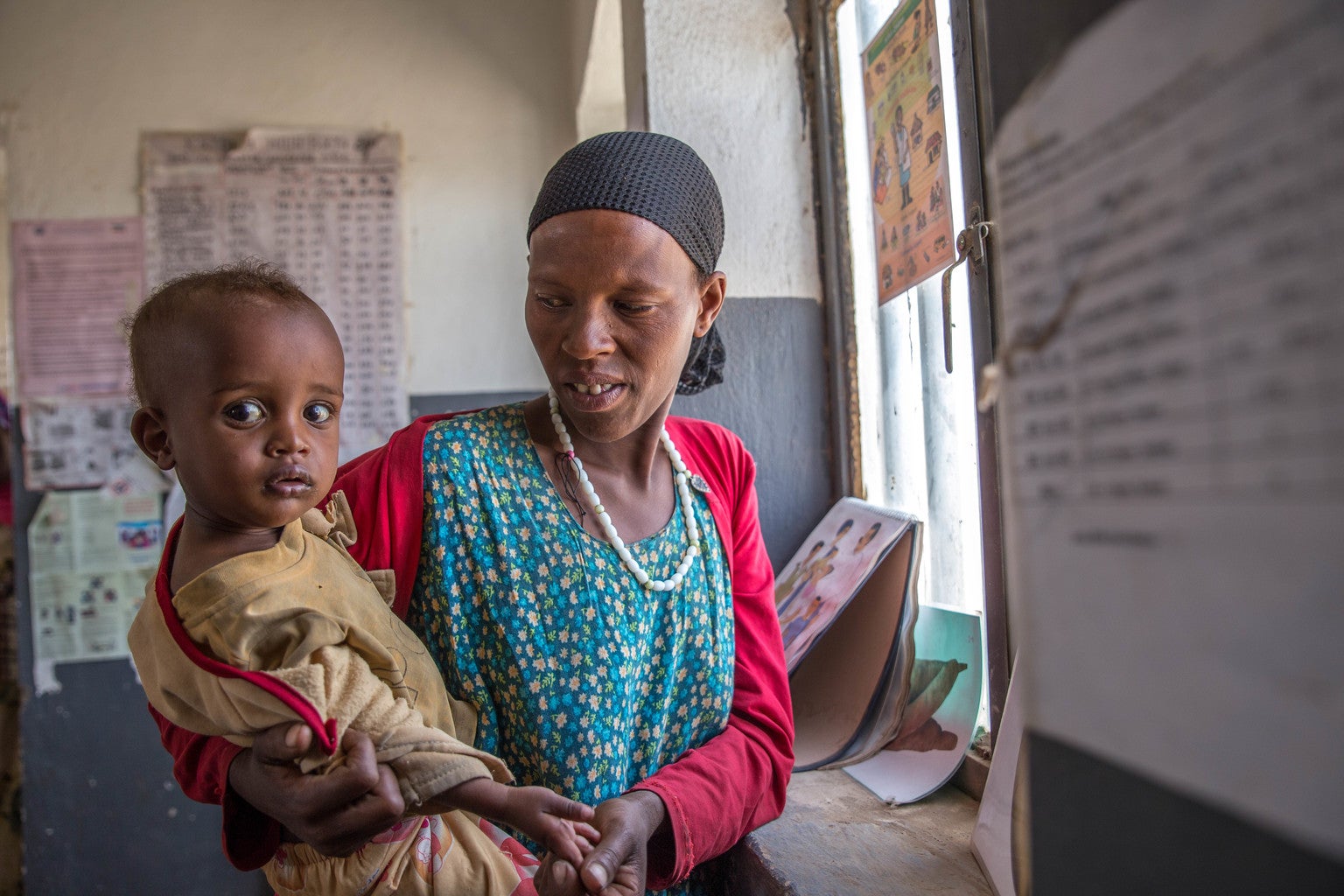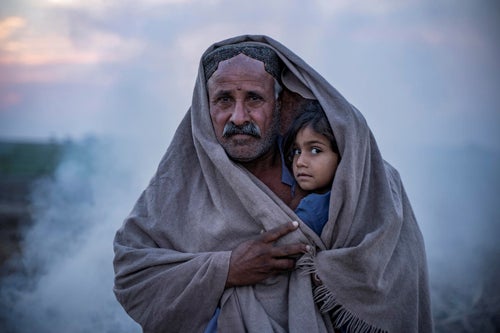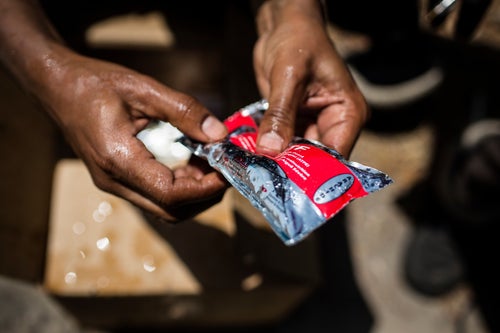It was a tumultuous 12 months. The world was rocked by some of the worst natural disasters in decades, the Syrian conflict plunged children into new depths of suffering and, globally, war and persecution uprooted more people from their homes than ever before in recorded history.
And still, 2016 gave me hope.
I was in awe of my UNICEF colleagues who risked their lives every day to protect and support children in the world’s deadliest conflict zones. I was inspired by communities who welcomed refugees with such humanity. And above all, I was filled with hope because I saw it in the faces of children determined to learn, grow up safely and choose their own future.
Fiji
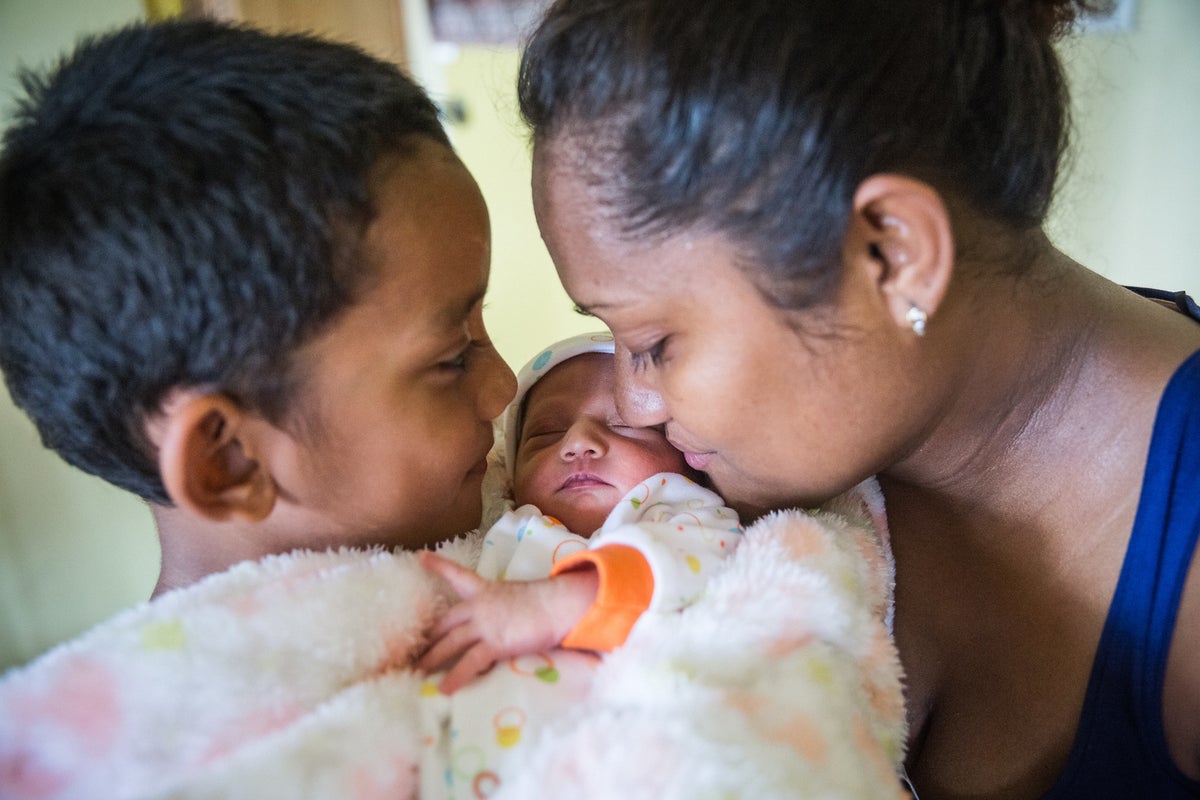
Avalon went into labour just as Fiji was struck by one of the strongest storms ever recorded in the Southern Hemisphere. She survived ferocious winds, flying debris and downed power lines to make it to hospital and give birth to two healthy girls.
In the aftermath of the cyclone, UNICEF gave mothers like Avalon the expert advice, supplies and support they needed to see their newborns through this tough time.
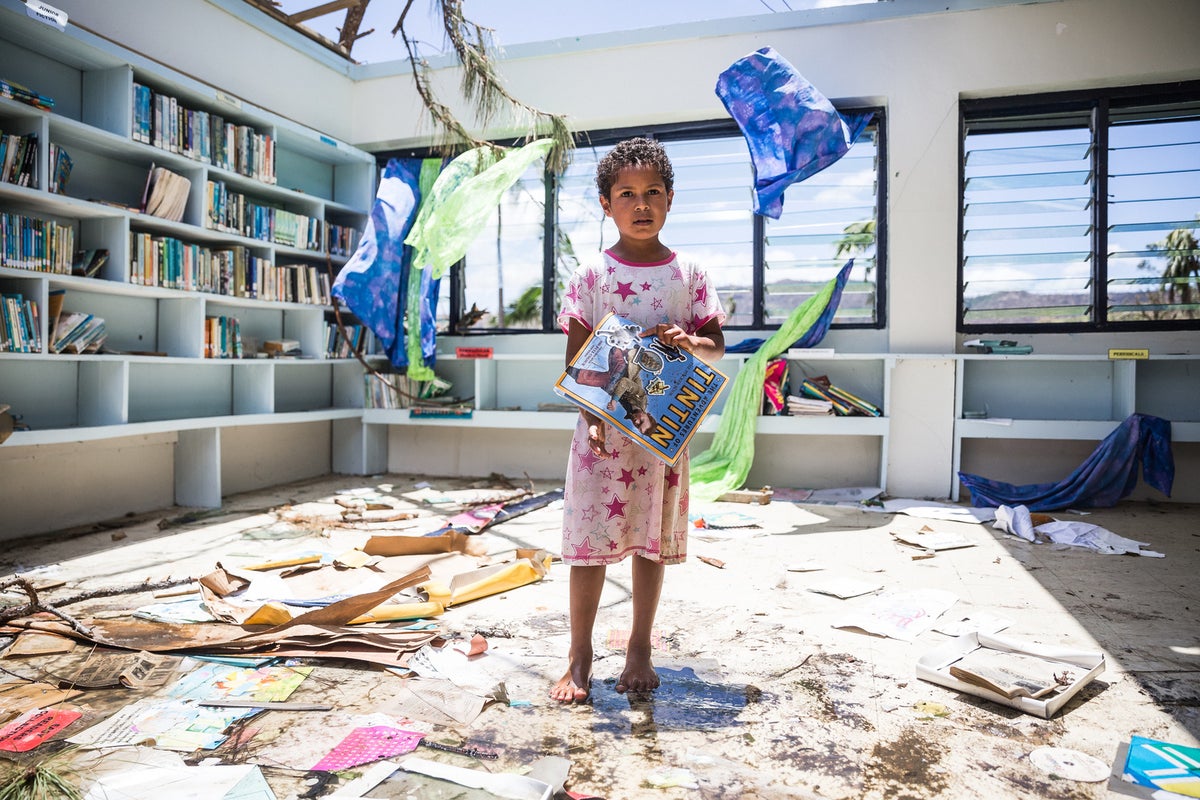
It was all blue skies and sunshine as seven-year-old Makelesi surveyed the damage to her school’s library in Fiji. But just days earlier, Cyclone Winston had torn the entire roof from this building.
The storm devastated schools, homes and hospitals and it threw children’s lives into utter chaos. UNICEF provided temporary classrooms and school supplies so students like Makelesi could stay safe, recover with friends and continue learning while their schools were rebuilt.
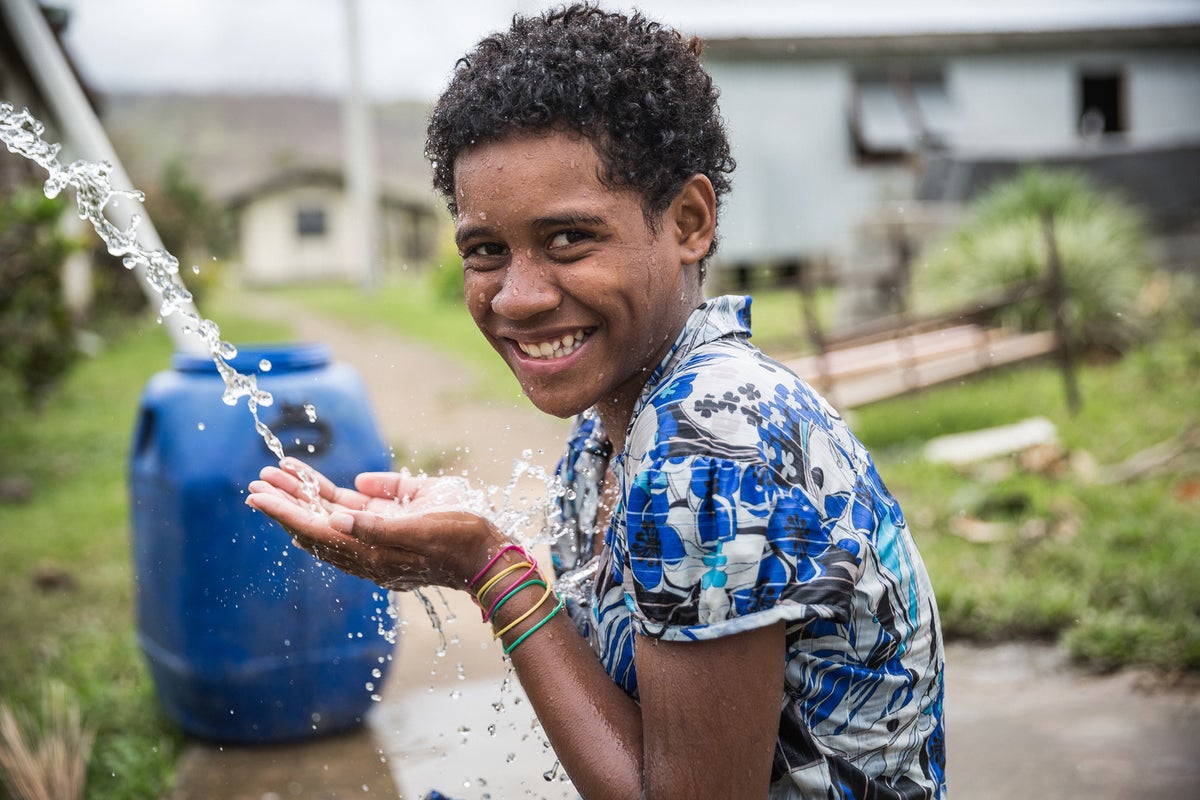
Syria
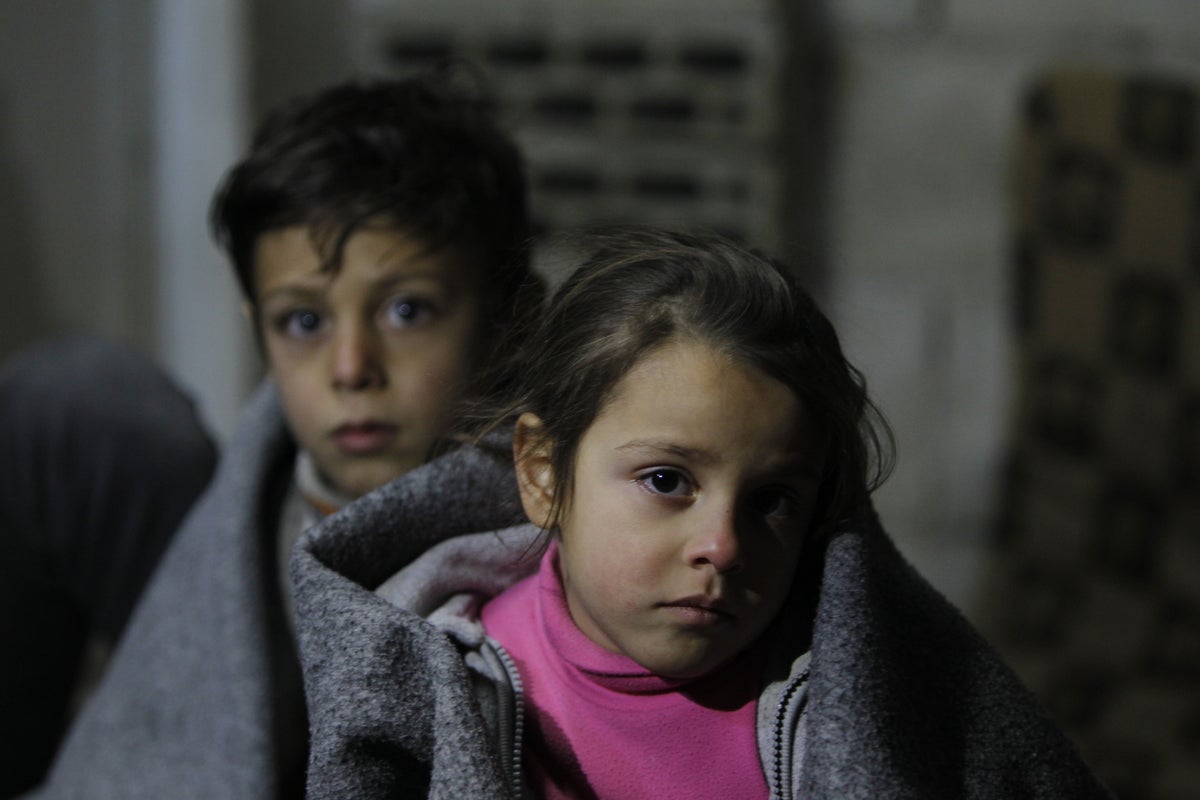
After five years of war, a harsh winter made life even more of a struggle for Ghinwa and her brother, Alaa. In January, the two children were living in an unfinished building in Homs, with little protection against the piercing cold.
The winter months are particularly brutal for Syrian children. Without decent nutrition or health care, they’re at high risk of hypothermia and serious respiratory infections. And for families whose finances have been exhausted from years of conflict, displacement and unemployment, buying warm clothing and fuel for heating simply isn’t possible.
Donate to Children in Syria
For over a decade, a generation of children have grown up knowing nothing but war.
That’s why UNICEF provides warm blankets and clothes to families across Syria - even in hard to reach areas. As the country plunges into another icy winter, our teams are working to reach 740,000 children with clothes and blankets and around 100,000 students with classroom heaters.
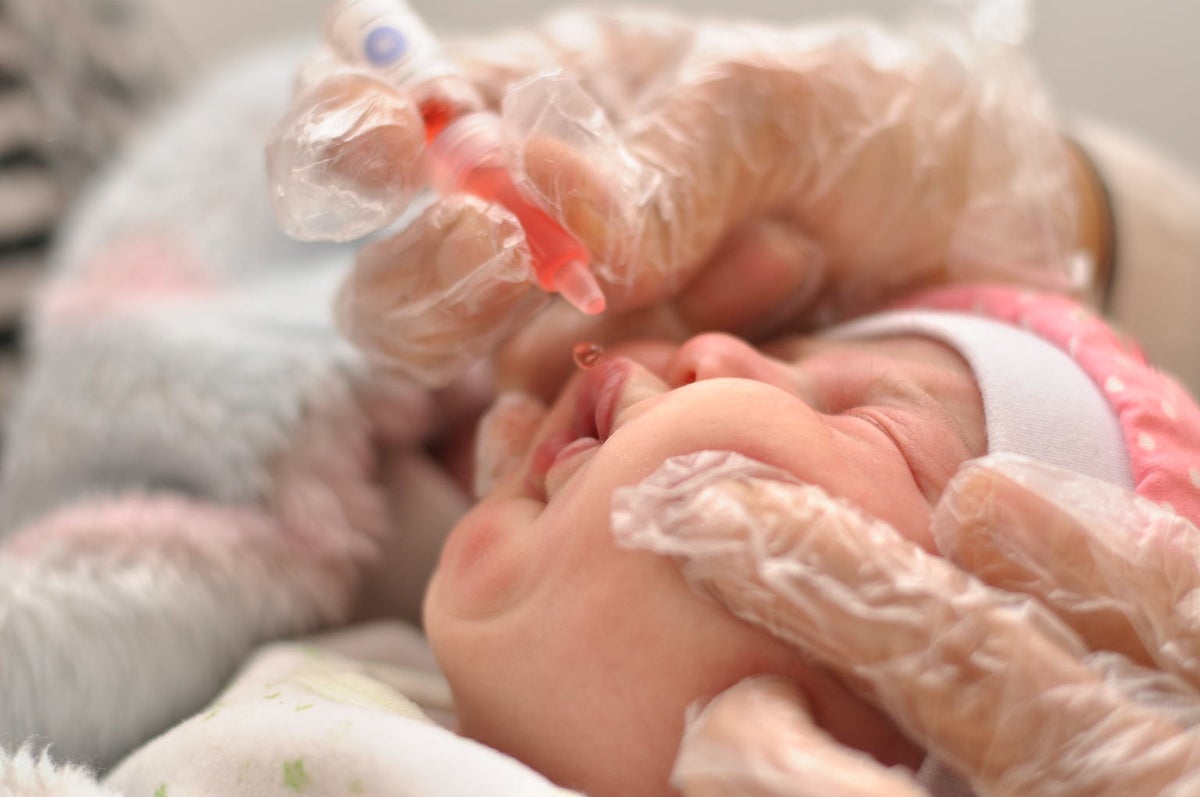
Drop by drop, UNICEF helped to vaccinate 3.5 million children against polio this year in Syria.
Protecting these children is more important than ever. After five years of conflict, immunisation rates have dropped from 90 per cent to 57 per cent and only one third of the country’s hospitals are still functioning. UNICEF and partners have worked hard to stop the outbreaks of polio, measles and other deadly diseases that can spread so easily in these crisis conditions.
In 2016, UNICEF also gave 1.4 million children and mothers access to primary health care and delivered medical supplies for more than 2 million people across Syria.
Turkey
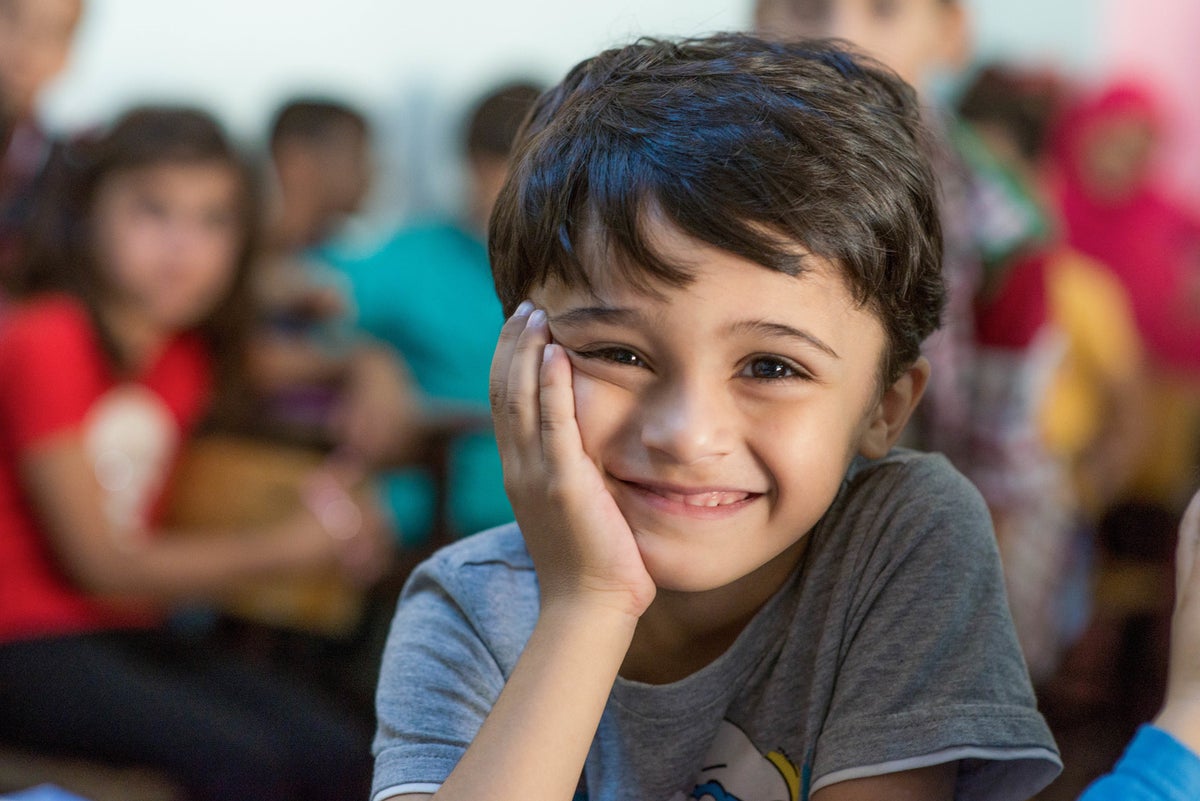
2.4 million children have now fled from Syria to live as refugees in surrounding countries. But having escaped the war, they’re still living with memories of horrific violence and the daily deprivations of life in overcrowded camps. Children need support to cope with their experiences, to get an education and to enjoy some semblance of a decent childhood.
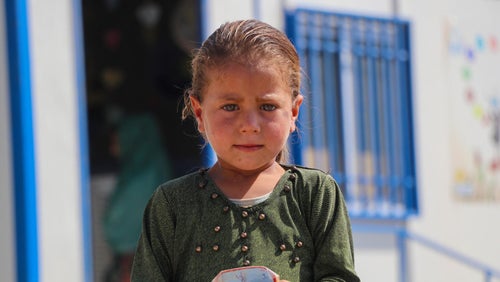
Donate to Children in Syria
UNICEF teams are on the ground, providing urgent assistance to children and families impacted by the devastating earthquake and 12 years of war.
This young boy was enjoying his time at the My Life Centre in Buyukyol, Turkey. It’s a safe and friendly space where UNICEF gives children psychosocial support to recover from the profound stress of war. It’s also a chance to learn, sing, dance and socialise - to simply be kids again.
Nepal
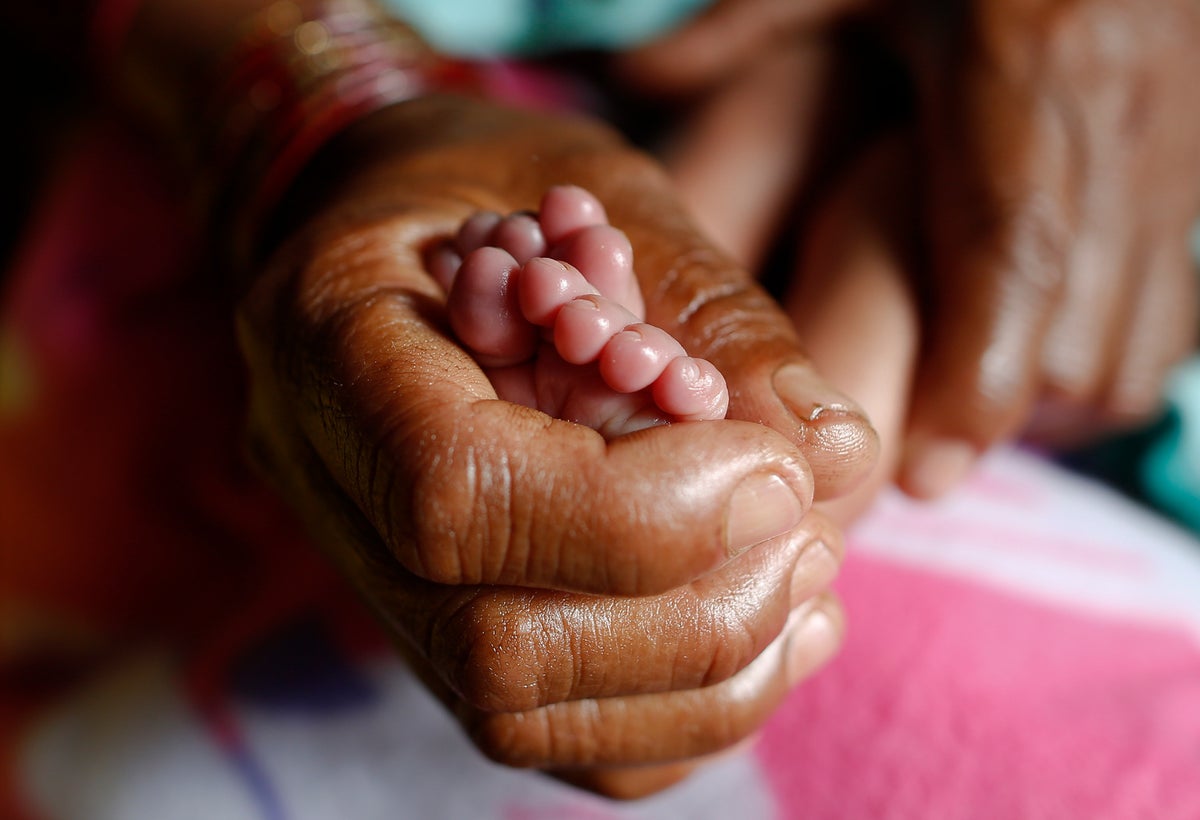
Nearly a year after the massive earthquake in Nepal, Chinmaya cradled new life in her hands, warming the legs of her newborn grandson.
The grandmother and her family still lived in a temporary shelter at the epicentre of the quake but they had come to UNICEF’s shelter home for support. Here, mums and babies can receive food, counselling and medical attention around the clock. "The mother and the baby are doing fine,” said Chinmaya. “We are very comfortable here."
Haiti
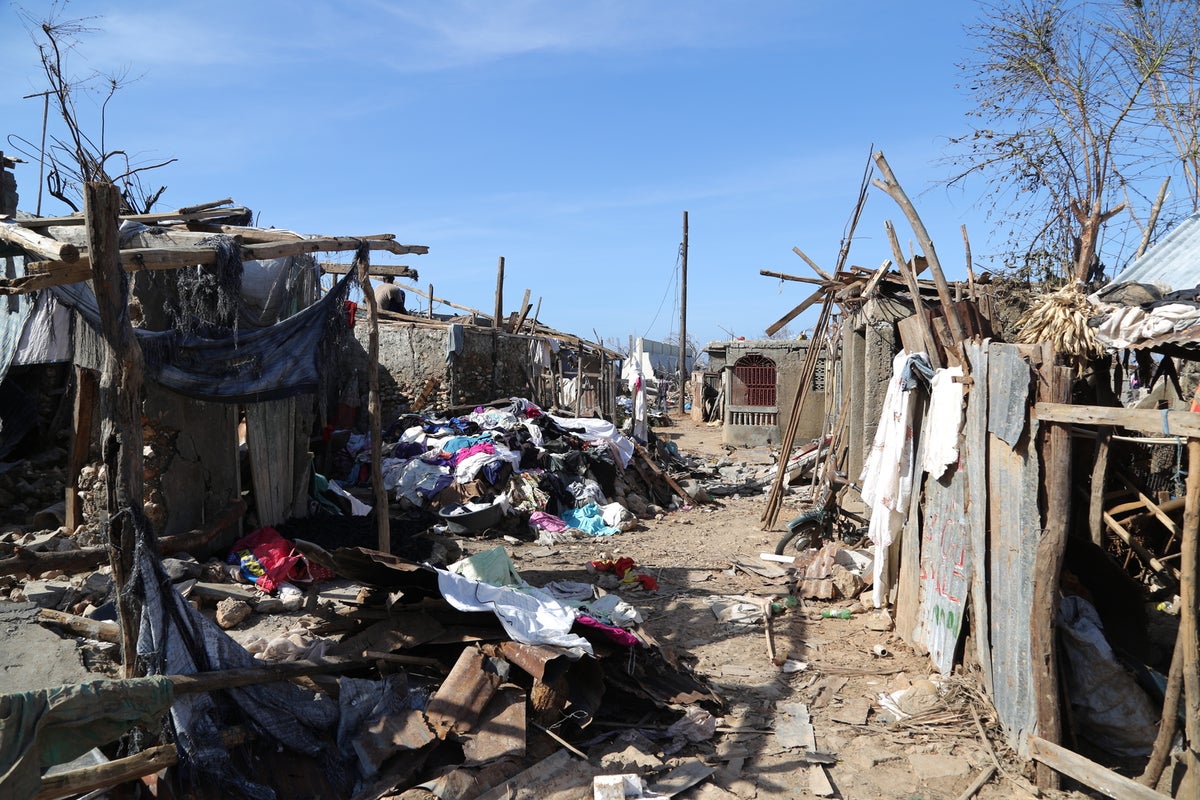
In October, Hurricane Matthew left much of Haiti in ruins. Ferocious winds took just hours to flatten homes, tear apart hospitals and turn 600,000 children’s lives upside down.
One of UNICEF’s first priorities was to prevent an outbreak of disease. Our teams made regular deliveries of safe drinking water to 281,000 people and vaccinated 750,000 against cholera. We’re still standing by children through every step of the recovery, providing medical supplies, treating malnutrition and repairing schools so students can get on with their lives.
Malawi
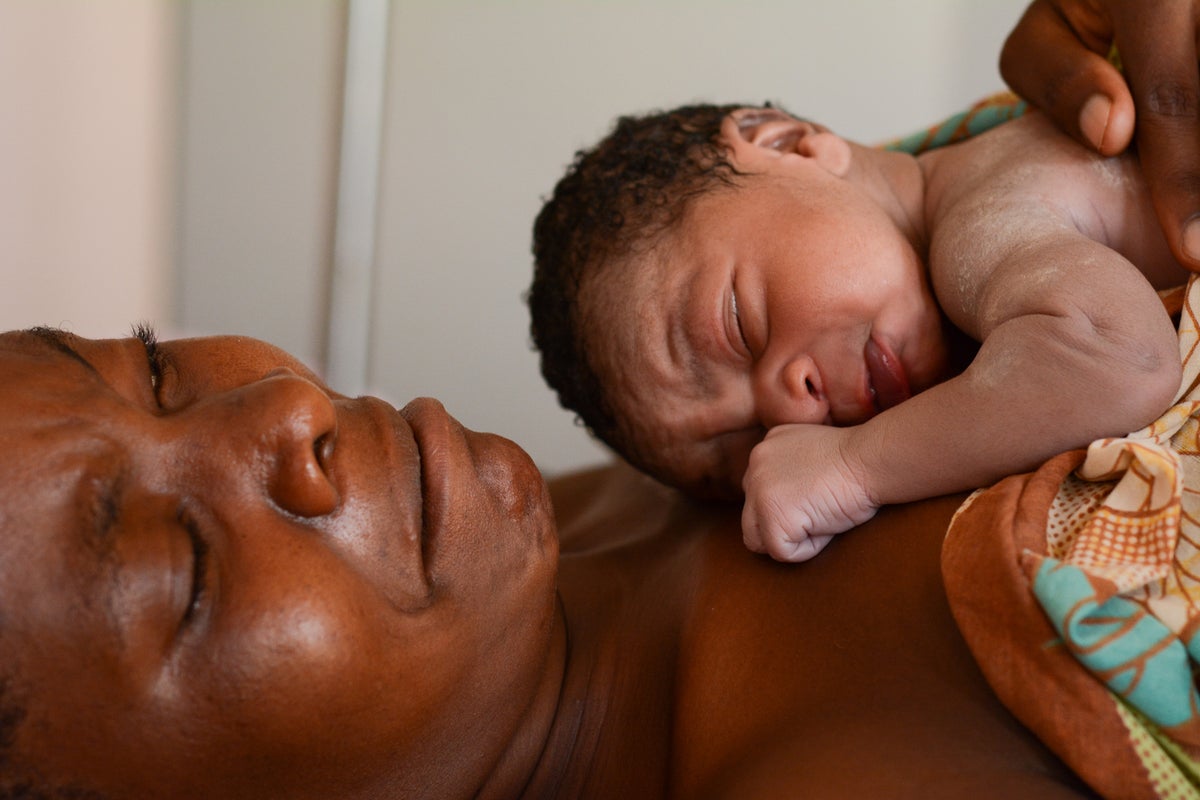
16-year-old Aida shared this intimate moment after giving birth prematurely in Malawi.
“When my baby rested on my chest, skin to skin. I felt his heart beat and he felt mine. I can never forget this moment,” said Aida. “I want him to be a lawyer to defend the defenseless.”
South Sudan
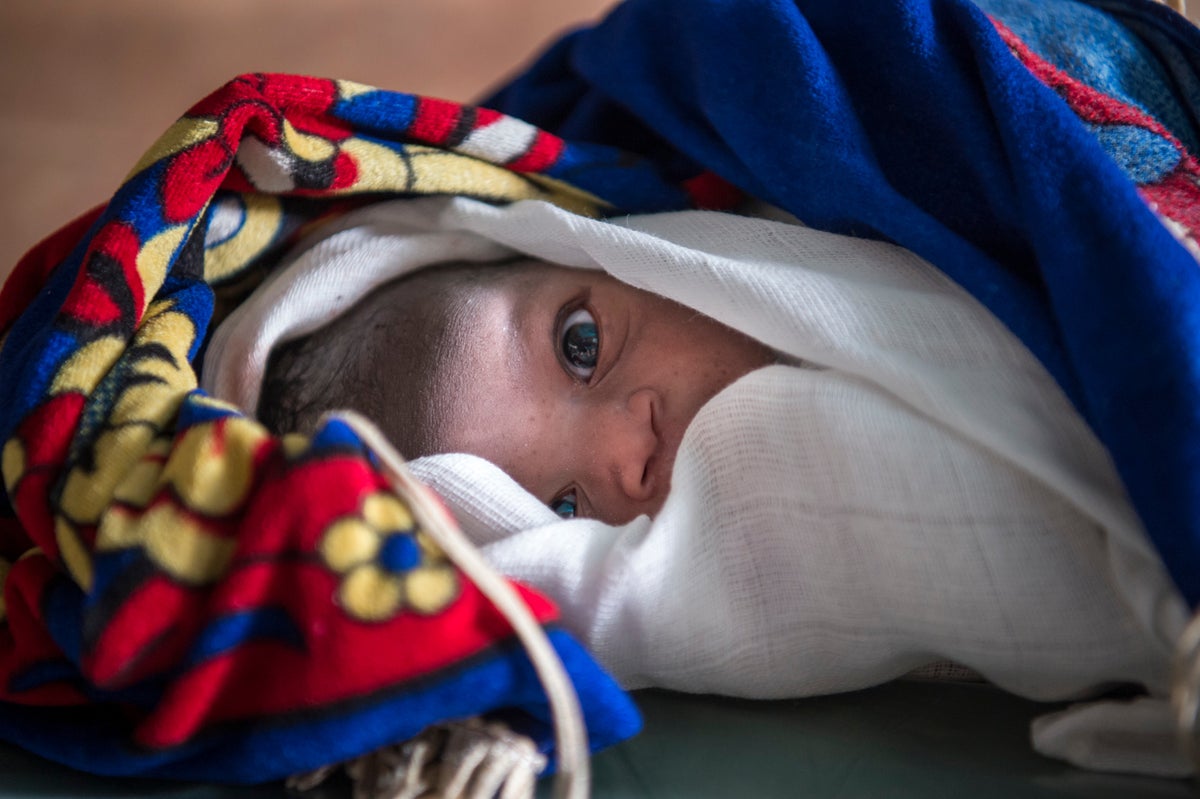
This newborn girl peeked out from her blankets with wide, curious eyes. She had just been born into one of the most unstable countries on earth, where three years of conflict have forced entire communities into hiding and created a devastating food crisis.
UNICEF helped her 17-year-old mother to give birth safely in the maternity clinic of a UN protection camp - a safe haven for thousands sheltering from brutal violence. But this baby knew nothing of war or hatred. With the right support, her generation can still grow up healthy and get the education they need to rebuild a peaceful society.
Ethiopia
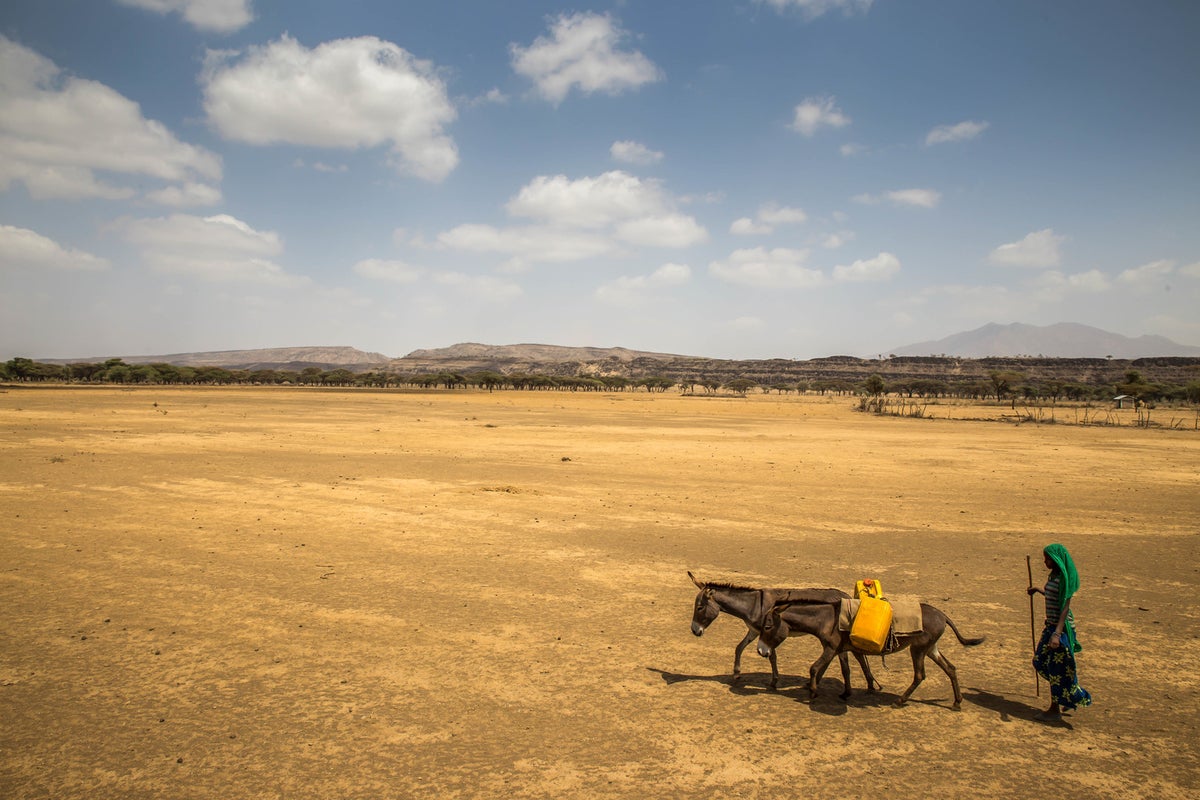
At 12 years old, Harko should have been learning, playing and enjoying the simple pleasures of being a child. Instead, she was walking across scorched plains in search of water for hours on end.
In 2016, Ethiopia faced its worst drought in 30 years. UNICEF responded by giving 3 million people access to safe water for drinking and cooking.
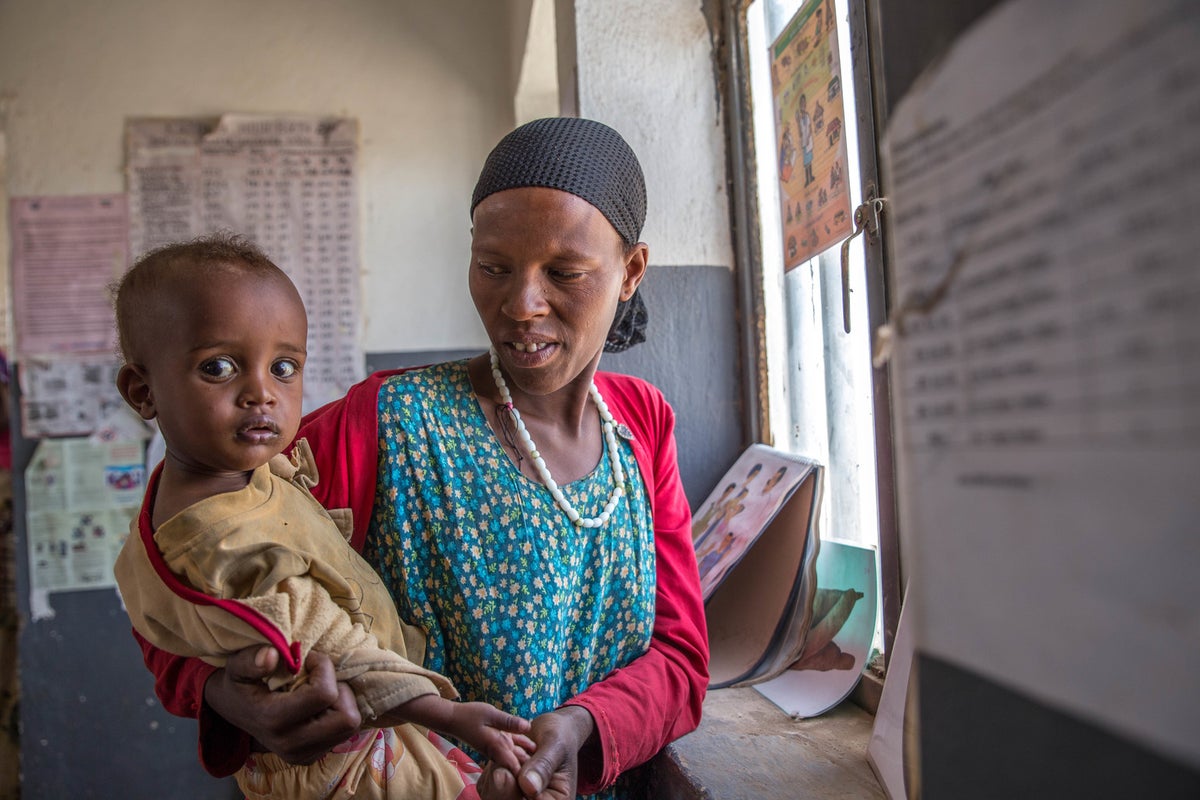
Crops and livestock withered into the dirt and, as food became desperately scarce, parents struggled to give their children enough nutritious meals. It's been a particularly dangerous time for young children - if they don't get the essential nutrients they need in this critical stage of development, they could be left stunted and feel the effects for the rest of their lives.
UNICEF treated more than 200,000 children in Ethiopia for severe acute malnutrition in 2016. Therapeutic feeding centres have been a lifeline for many children.
Angola
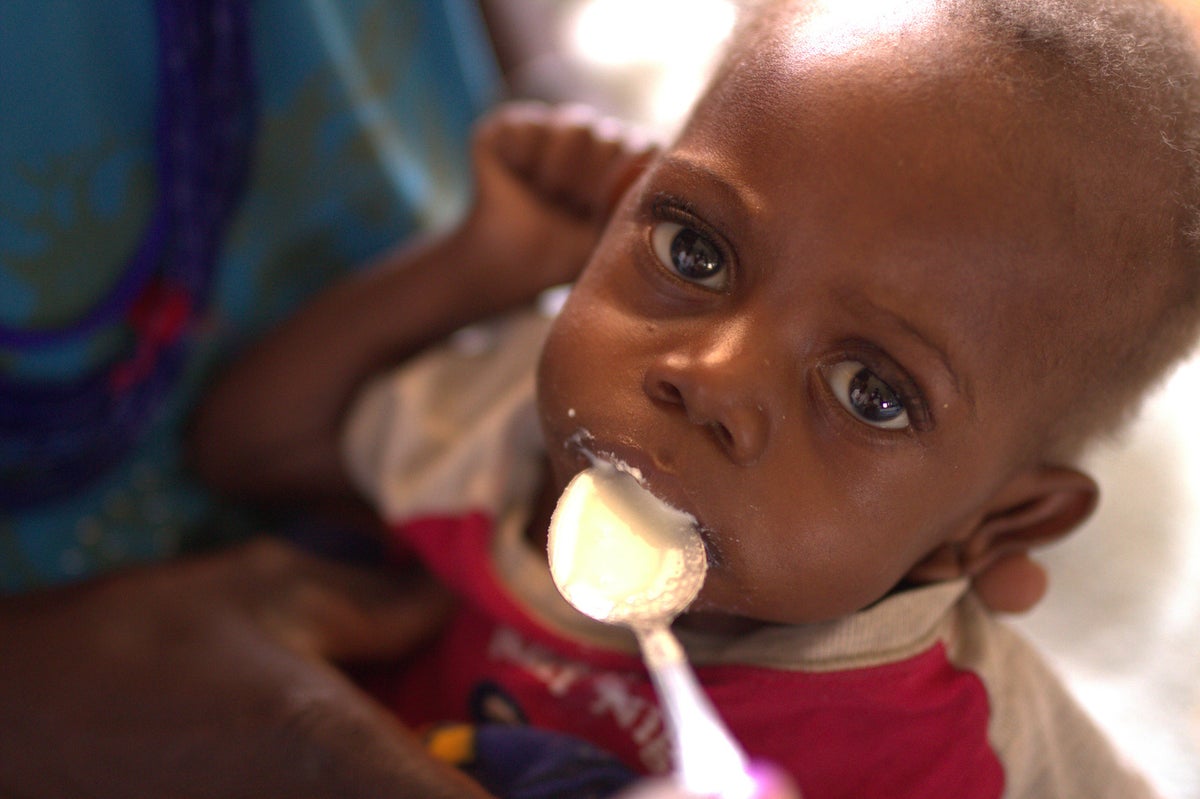
Angola has also been hit hard by an extreme cycle of droughts and floods. Tuhafeni was left without enough nutritious food and developed severe acute malnutrition but UNICEF’s therapeutic feeding programme gave him a second chance at life.
Italy
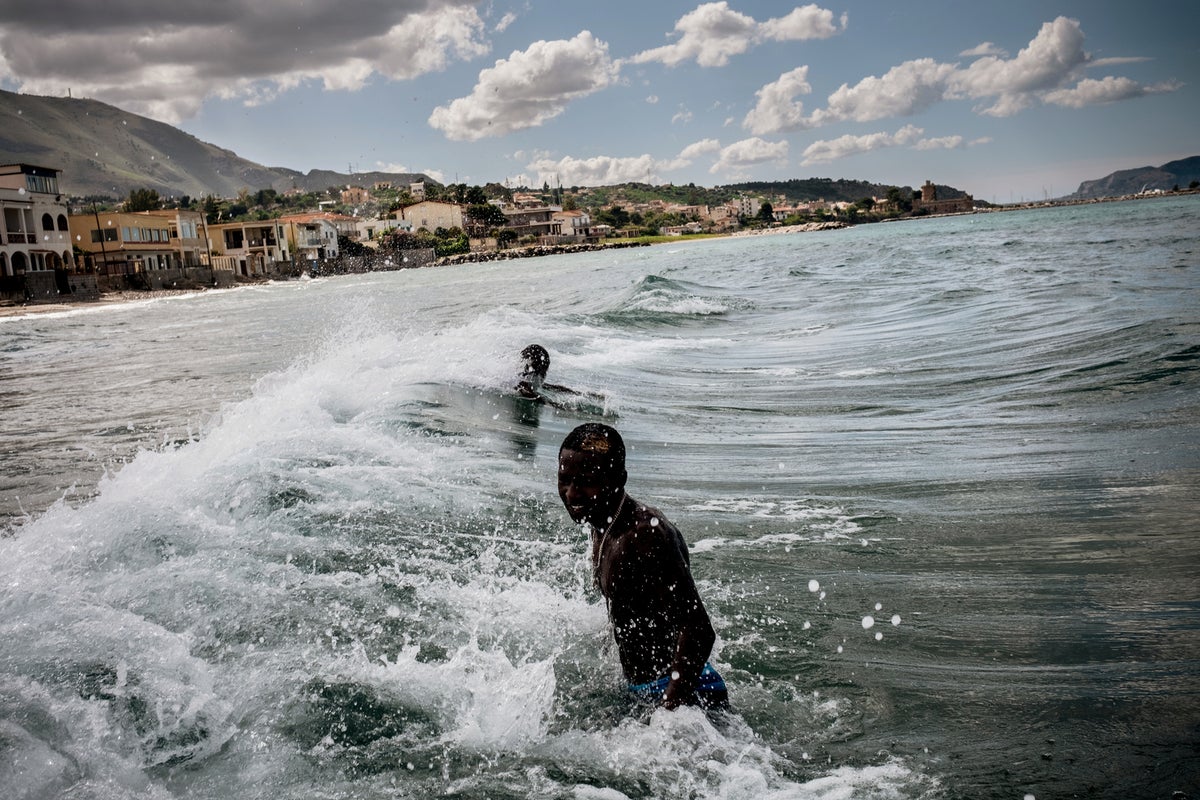
This is what freedom feels like. Aimamo and his twin brother Ibrahim enjoyed a swim at a beach in Trabia, Italy, after surviving an epic journey from Gambia.
The 16-year-old boys had left home nine months earlier, when their father divorced their mother and left the family with no money. Aimamo and Ibrahim decided to move to Europe so they could earn a decent living and send money back to their mum. Their massive trip took them from Gambia to Senegal to Mali to Burkina Faso to Niger to Agadez and Libya, where they worked cutting grass under appalling conditions. “If you try to run they shoot you and you die. If you stop working, they beat you. It was just like the slave trade,” said Aimamo.
Eventually, they had enough money to take the dangerous boat journey to Italy, where they found support in a government-run shelter for unaccompanied boys. Ibrahim says he wouldn’t have made it without his brother. “Since we started the journey, we have always been together and that has helped a lot.”
Nigeria
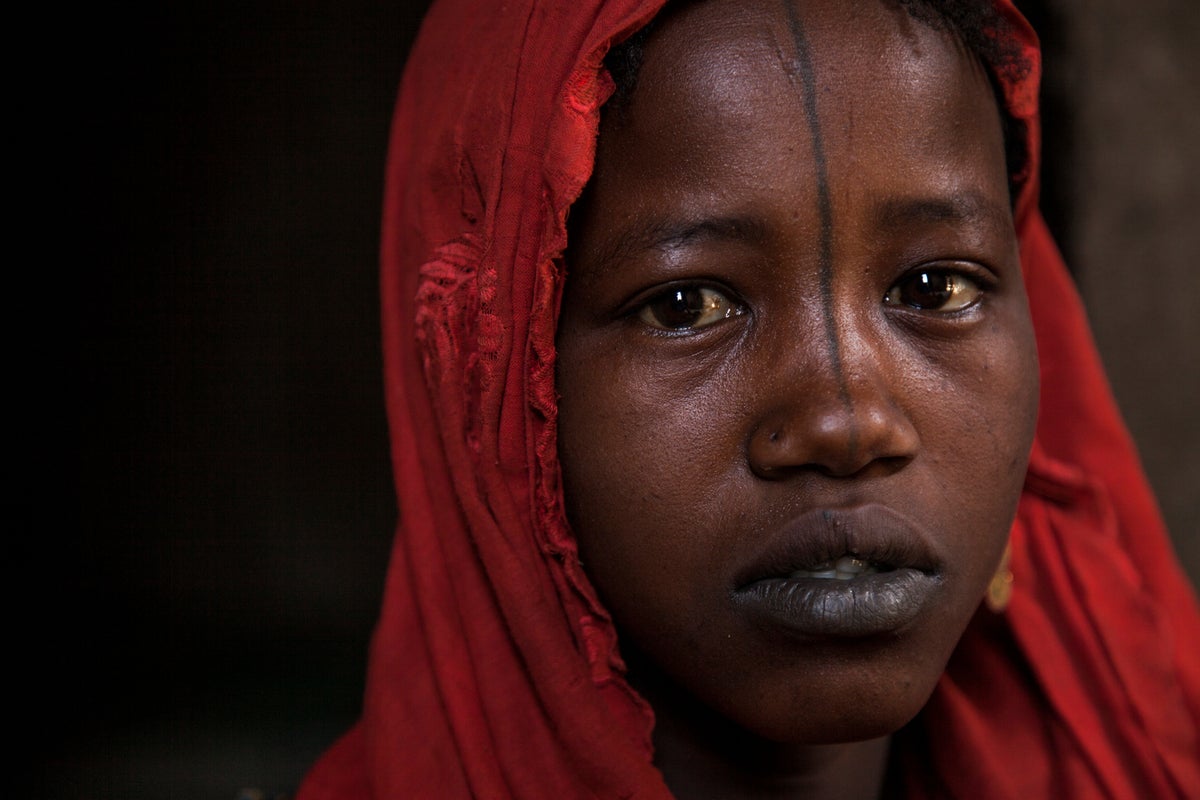
In a crumbling building in northeast Nigeria, this young woman was waiting to find out if her husband was still alive. Boko Haram had ripped her life apart.
The so-called 'Widows' House' was home to women who had become separated from their husbands during the conflict, or whose husbands had been kidnapped or killed. Many felt safer living together, along with their children. Some tried earning a small income through dressmaking while others got on with daily chores like pounding maize for meals or chopping firewood for cooking.
Boko Haram's horrific violence has forced more than a million people to flee their homes in Borno State alone. UNICEF has responded with health care for more than 3 million people and given hundreds of thousands of children psycho-social support, therapeutic feeding, access to safe water and education.
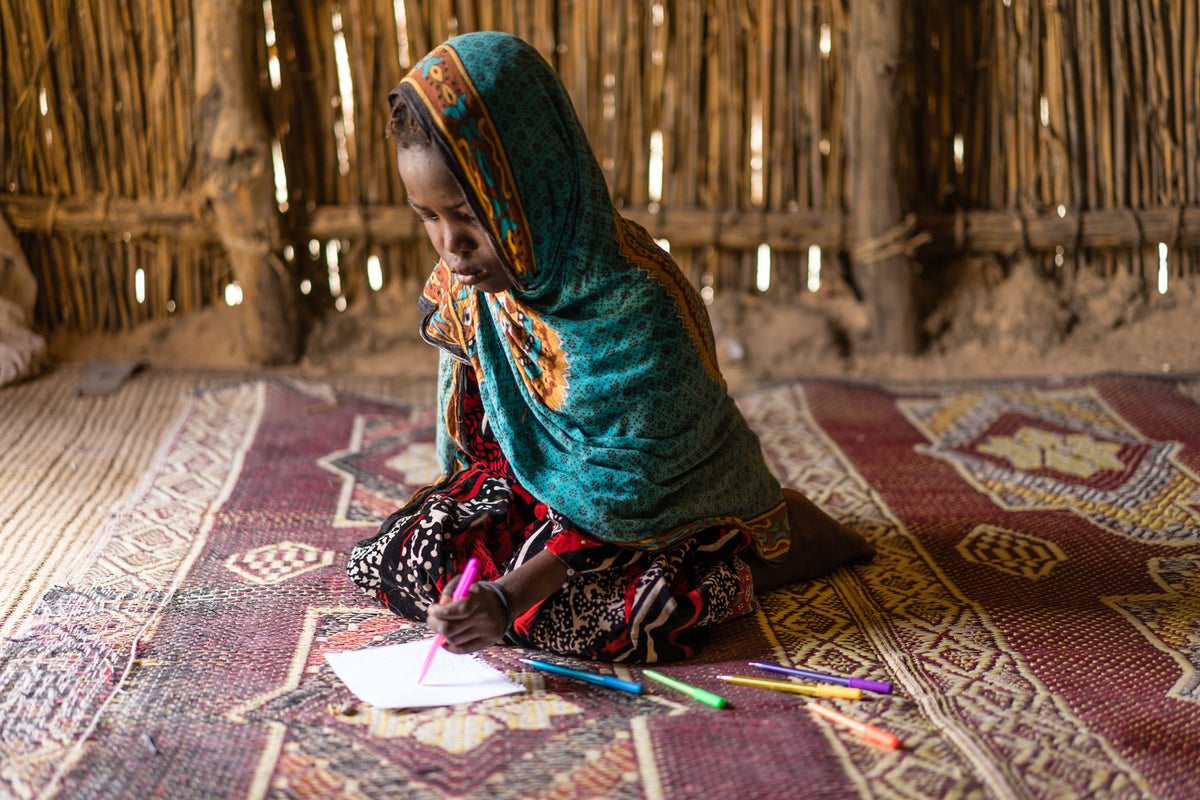
Salta still remembered being flung into the air as the bomb blast tore through the market. “When I woke up there were people lying around me and running away. I was scared and tried to get up to run too but I couldn’t.” Her injuries were so bad, she lost her arm.
After three months of hospital treatment, Salta said she was finally ready to go back to school. The impact of Boko Haram's violence will stay with this 11-year-old girl forever but UNICEF is giving Salta the support and protection she needs to rebuild her life.
Yemen
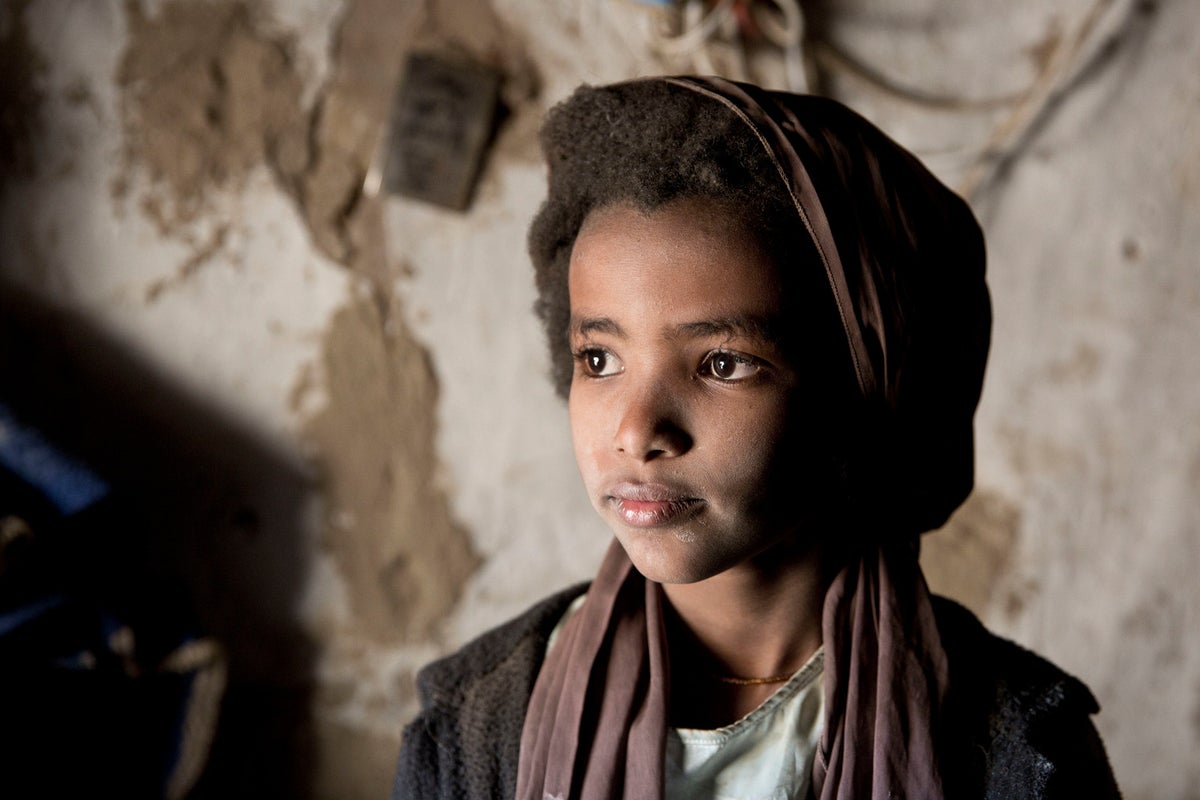
Conflict in Yemen has touched the life of every child and it's been a particularly cruel blow to the already marginalised Muhamasheen people. This girl's community had lived in slums on the fringes of society with very limited access to social services, then war threw their very survival into doubt.
To help girls like this survive the conflict, UNICEF provides unconditional cash transfers to the poorest and most excluded communities in Yemen. It's enough to buy basic needs like medicine, food and the everyday essentials a family needs to live in dignity.
Iraq
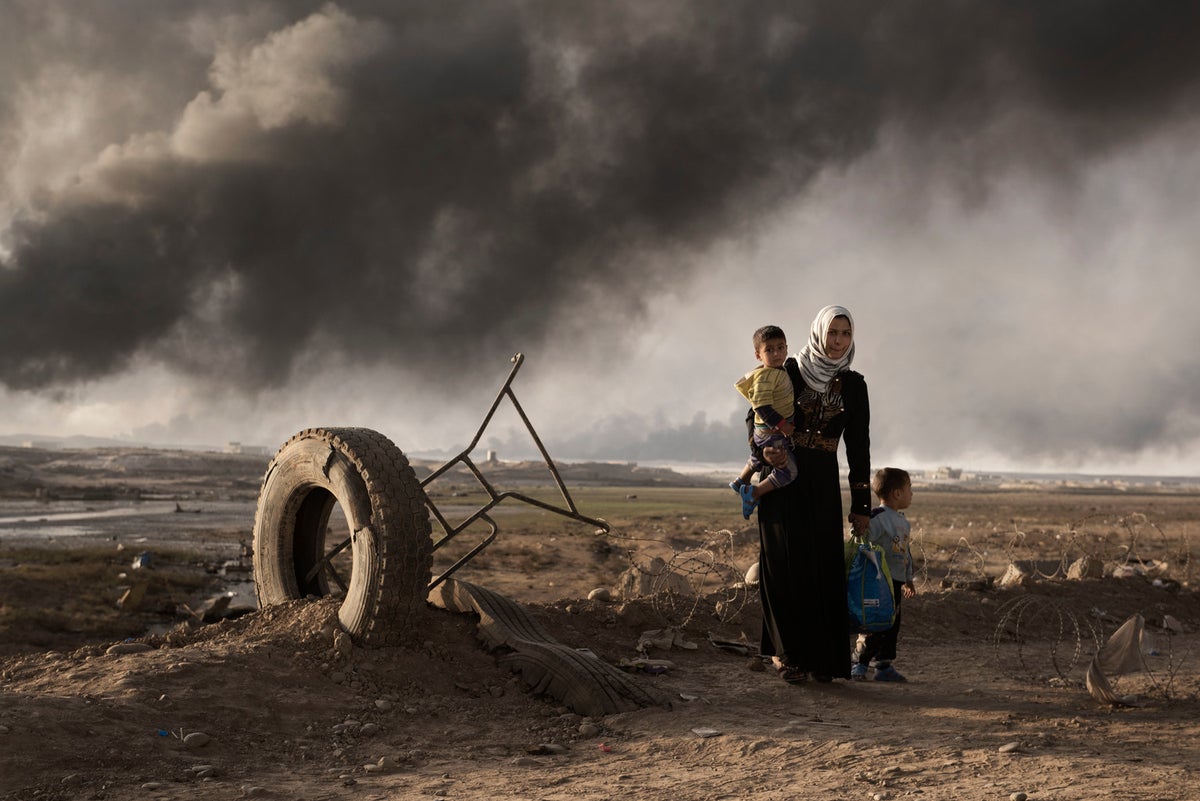
You might have seen it in the news. Hellish images of conflict, smoke-filled skies and families on the run.
The battle to retake the city of Mosul, Iraq, from the so-called Islamic State (ISIL) put thousands of families in humanitarian catastrophe. There wasn't much good to come from this tragedy but we can be thankful for one thing: thousands of children got emergency support and protection.
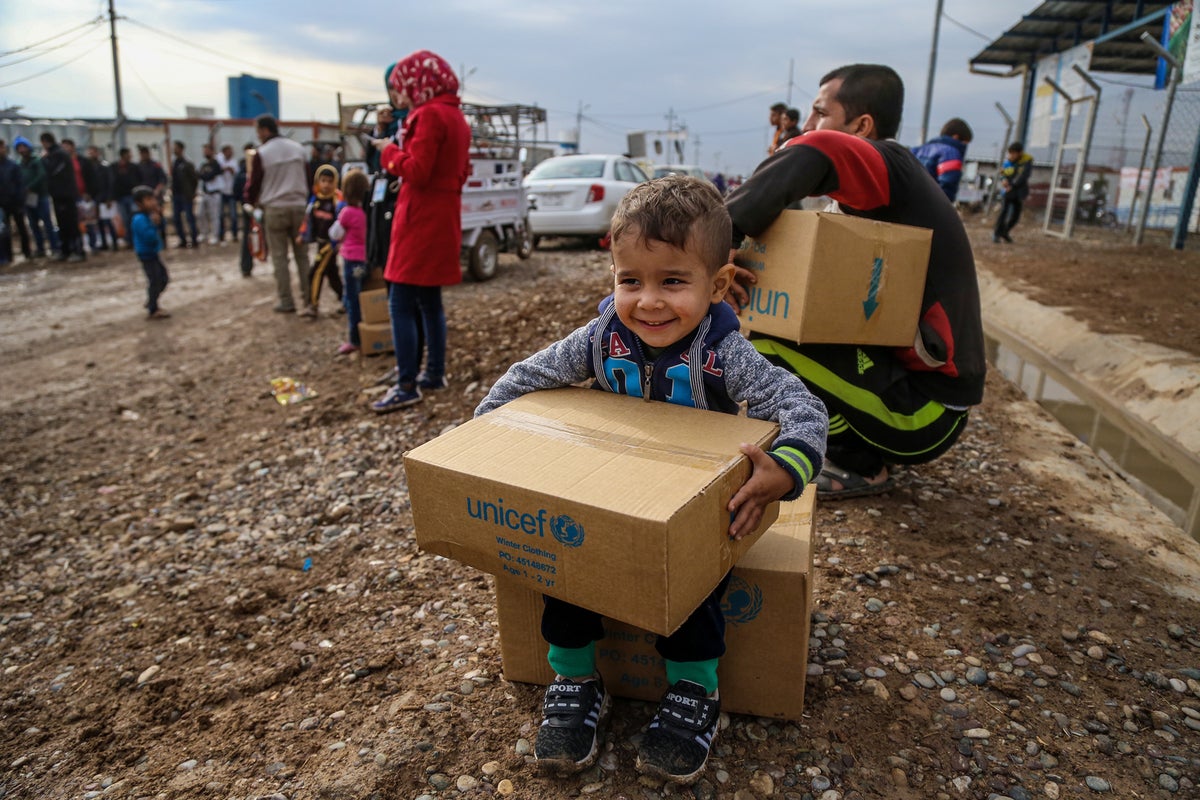
Three-year-old Rafi was beaming as he hugged a brand new box of winter clothing. Inside, he would find a warm jacket, cardigan, trousers, beanie, scarf, boots and a raincoat.
UNICEF’s Warm for Winter campaign aimed to reach 300,000 children with these life-saving kits as temperatures dropped across Iraq.
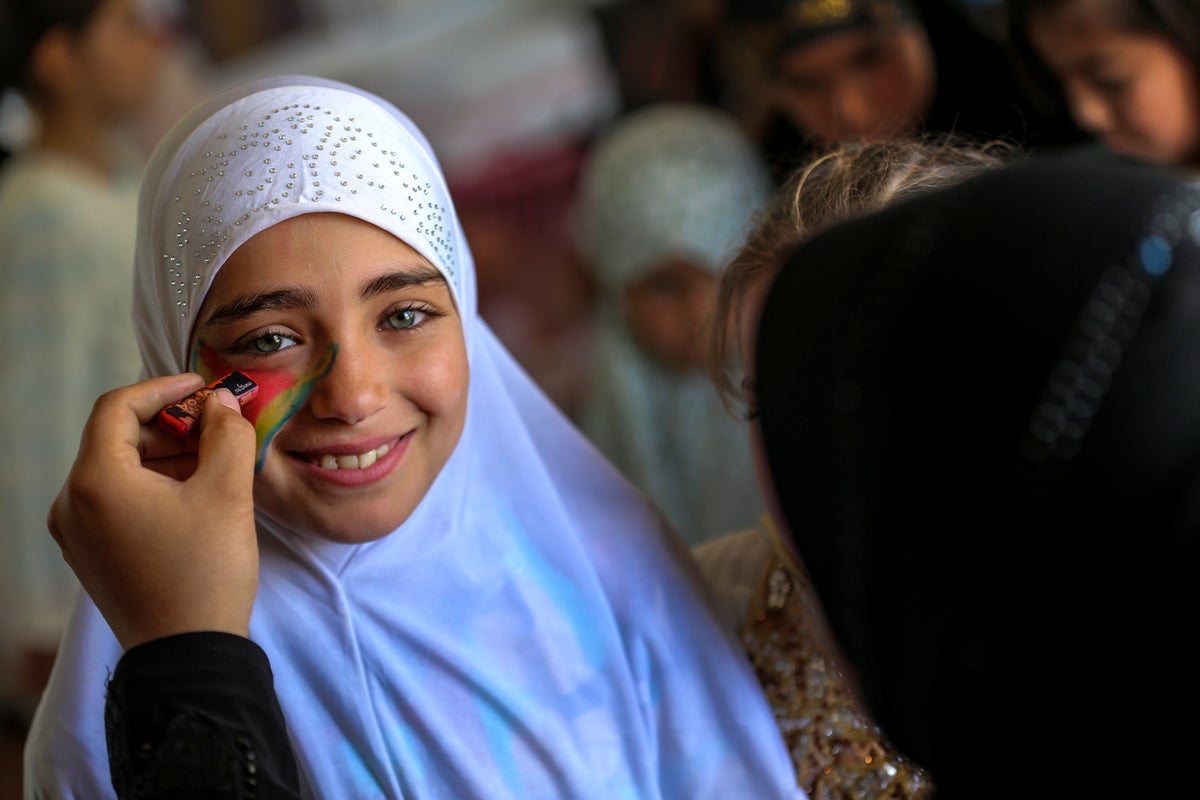
10-year-old Zayneb chose rainbow facepaint to celebrate the opening a 'child-friendly space'.
Many children in Iraq have witnessed unimaginable violence, experienced harsh persecution and missed out on school at a critical time in their development. Now, as these boys and girls flee into camps, UNICEF’s child-friendly spaces are helping them learn and play.
Each tent is a safe and welcoming place where children can escape from the chaos that swirls around them. A chance to get psychosocial care and recover from trauma. A place filled with songs, games and budding friendships.
Timor-Leste
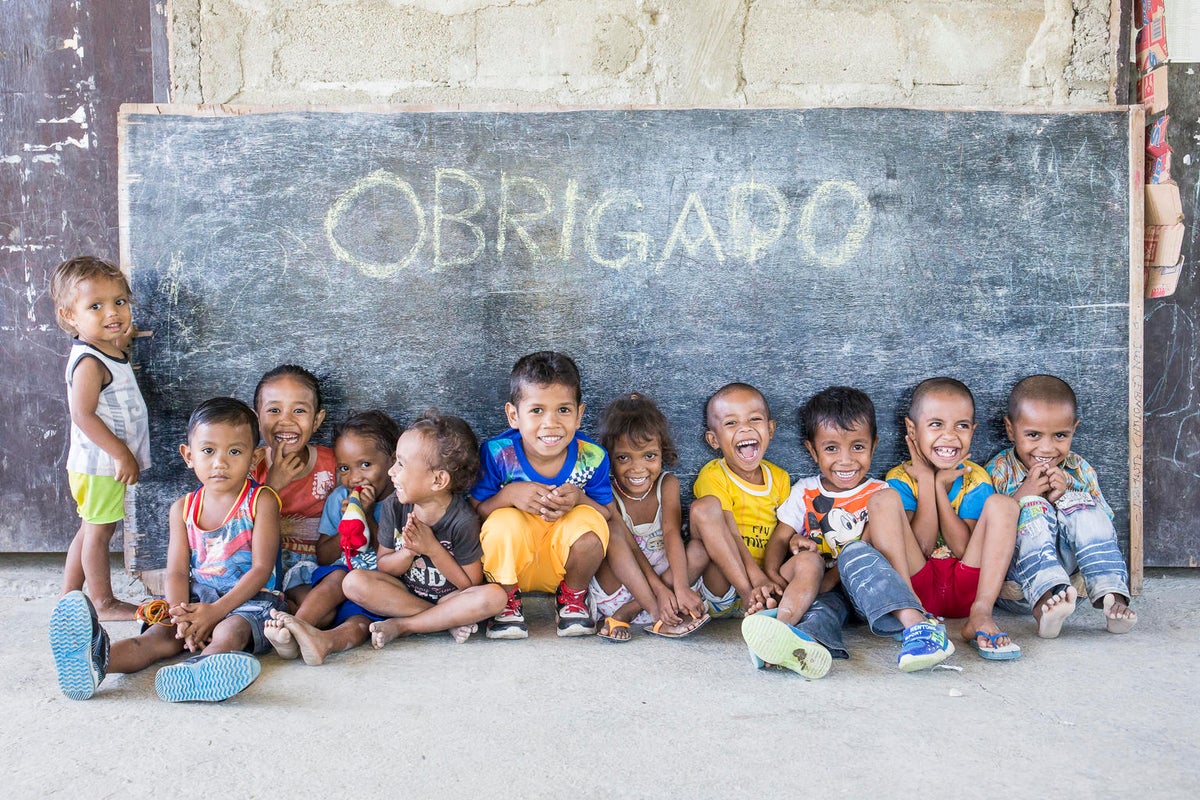
These cheeky children just wanted to say ‘obrigado’ - ‘thank you’.
UNICEF supporters are helping many children in Timor-Leste to experience formal schooling for the very first time. Every day, they bounce into class eager to see their friends and learn something new. They have big plans for their futures - to be footballers, teachers and tomorrow’s leaders.
Stand by children in 2017
UNICEF Australia has an amazing group of supporters called Global Parents who make an ongoing pledge to protect and support children through their first 1,000 days of life. By signing up with a monthly gift, our Global Parents make a beautiful commitment: that wherever a child is born and whatever comes their way, we'll give them a life, a chance, a choice.
You can help us continue this critical work for kids, wherever the need is greatest.
Related articles
Stay up-to-date on UNICEF's work in Australia and around the world



